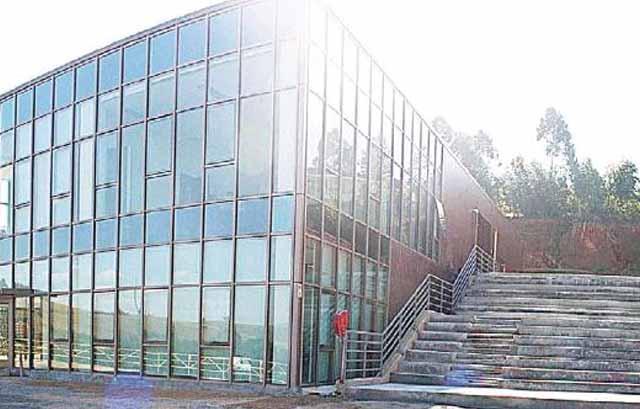Africa-Press – Eswatini. There is no end in sight in the Eswatini Medical Christian University’s (EMCU) struggle to become the first tertiary institution to get accreditation to offer medicine courses in the country.
This is after the institution’s application for accreditation was once again declined until such a time that shortcomings raised in a report by the Eswatini Higher Education Council (ESHEC) are addressed by the university.
ESHEC has released its report on the highly contentious accreditation of the Bachelor of Medicine or Surgery (MBBS) Programme for EMCU. This report was seen by the Sunday Observer.
“In light of the foregoing, accreditation of the Bachelor of Medication/Surgery programme is deferred until the shortcomings identified in the report are addressed,” reads the report.
This follows assessments carried out at the EMCU medical school facilities in May 2 and 24 this year by ESHEC and other stakeholders.
ESHEC once again instructed EMCU to get yet another Memorandum of Understanding (MoU) with an accredited institution to assist them design and develop their curriculum and which must be more specific on the type of assistance that particular institution will be giving them.
EMCU signed MoUs with the University of Witwatersrand (Wits) in South Africa as well as Muhimbili University of Health and Allied Sciences in Tanzania.
When contacted for a response on the report, EMCU advised this publication that they were still studying the report.
Attempts to get a comment from ESHEC proved futile as staff at the council’s offices declined to provide contact details of the authorised individual to comment on the matter without their prior consent and by the time of compiling this report efforts to get hold of the individual had proven futile.
The report, however, acknowledged that the establishment of a medical school would have a strong impact to the health and well-being of the country’s citizens.
It also acknowledged that the initiative by the institution to establish the school was indeed commendable as that this would strengthen medical research, attract professors from other universities, the world over, for knowledge and skills training and would save government millions of Emalangeni in sending patients and students outside the country.
Recognised
It also recognised the commendable effort and investment on the part of EMCU in preparation for the commencement of the MBBS programme as well as the fact that preparations were at an advanced stage.
It stated, though, that there was still a need for further refining for operations to eventually begin.
“As much as there is adequate infrastructure to support delivery of the programme such as lecture rooms, laboratories and a library, there is still need for appropriate instruments and fixtures for wet laboratory facilities.
In addition, an ideal medical school should have its own teaching hospital and well as equipped laboratories,” further reads the report.
Consultations
The report then points to flaws in the proposed EMCU MBBS curriculum, pointing out the fact that it was new and that it was designed by Koreans without stakeholder consultations.
It critiqued the curriculum asserting that although benchmarked with other similar programmes, it was difficult to visualise how it could be implemented adequately by new lecturers since it lacked detail on course content.
The report then suggested the need to revisit the courses to be taken, scope and distribution in terms of level to ensure comparability and transferability of credits with other training institutions.
It also noted that the overemphasis on integrated teaching and learning compromised credits on core subjects during preclinical and para-clinical years namely: Anatomy, Physiology, Pathology, Clinical Pharmacology, Immunology, Haematology, Histopathology, Medical Microbiology, Chemical Pathology and others.
Furthermore, it alluded to the observation that there was conspicuous absence of a legislation to enable use of cadavers for practicums at the medical school.
Interaction
Whilst stating categorically that the proposal by EMCU of opting for the anatomage table in the place of cadavers could not substitute the prerequisite need for students’ physical interaction with cadavers.
Meanwhile, in a letter dated May 19 and addressed to the Minister of Education and Training, Lady Howard Mabuza signed by Chairperson of the Government Assurance Committee Robert Magongo, the committee reminded the minister of a House resolution pursuant to Motion Without Notice No. 13/2021 on the accreditation of EMCU.
The committee as stated in the aforementioned letter called upon the minister to accredit EMCU within five days starting on May 18, with failure to implement this resolution warned would be deemed to have been in contempt of parliament.
For More News And Analysis About Eswatini Follow Africa-Press







